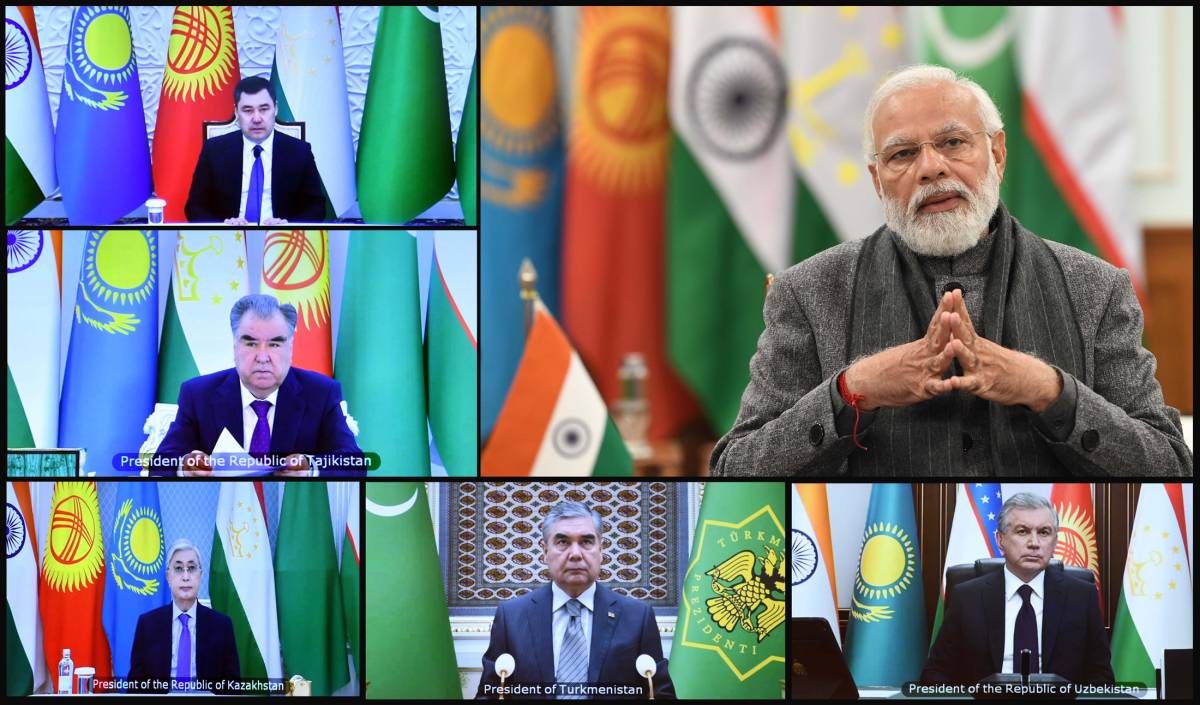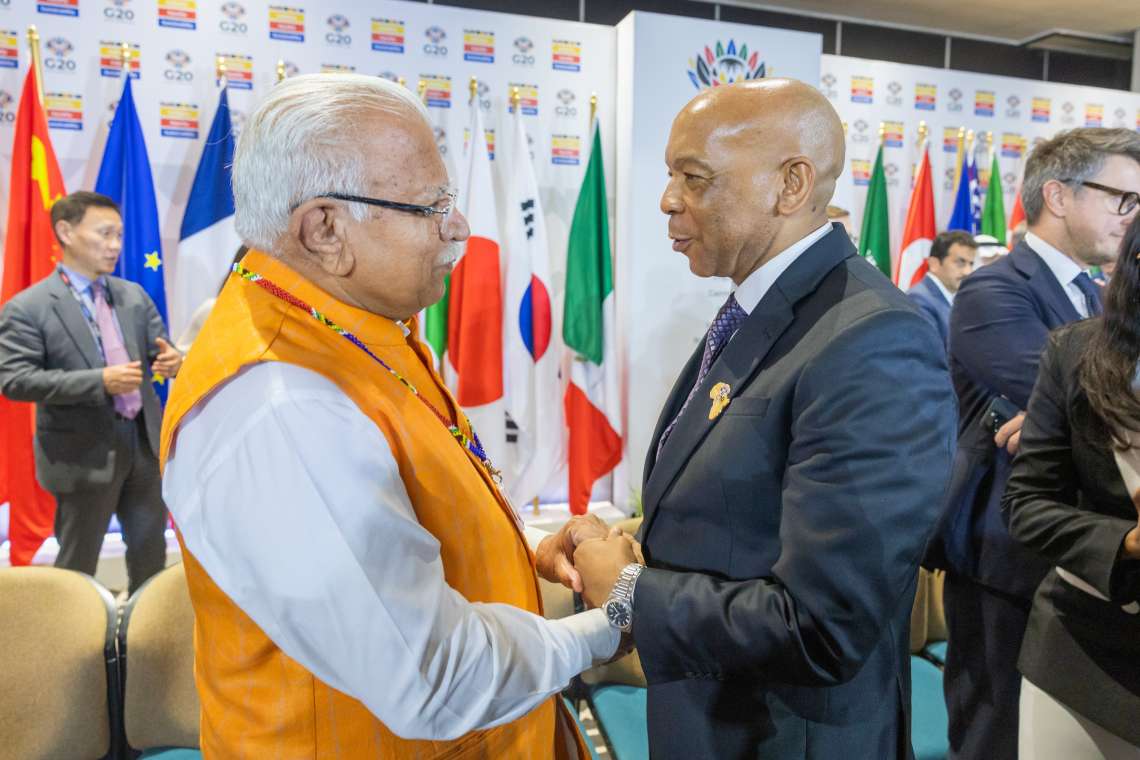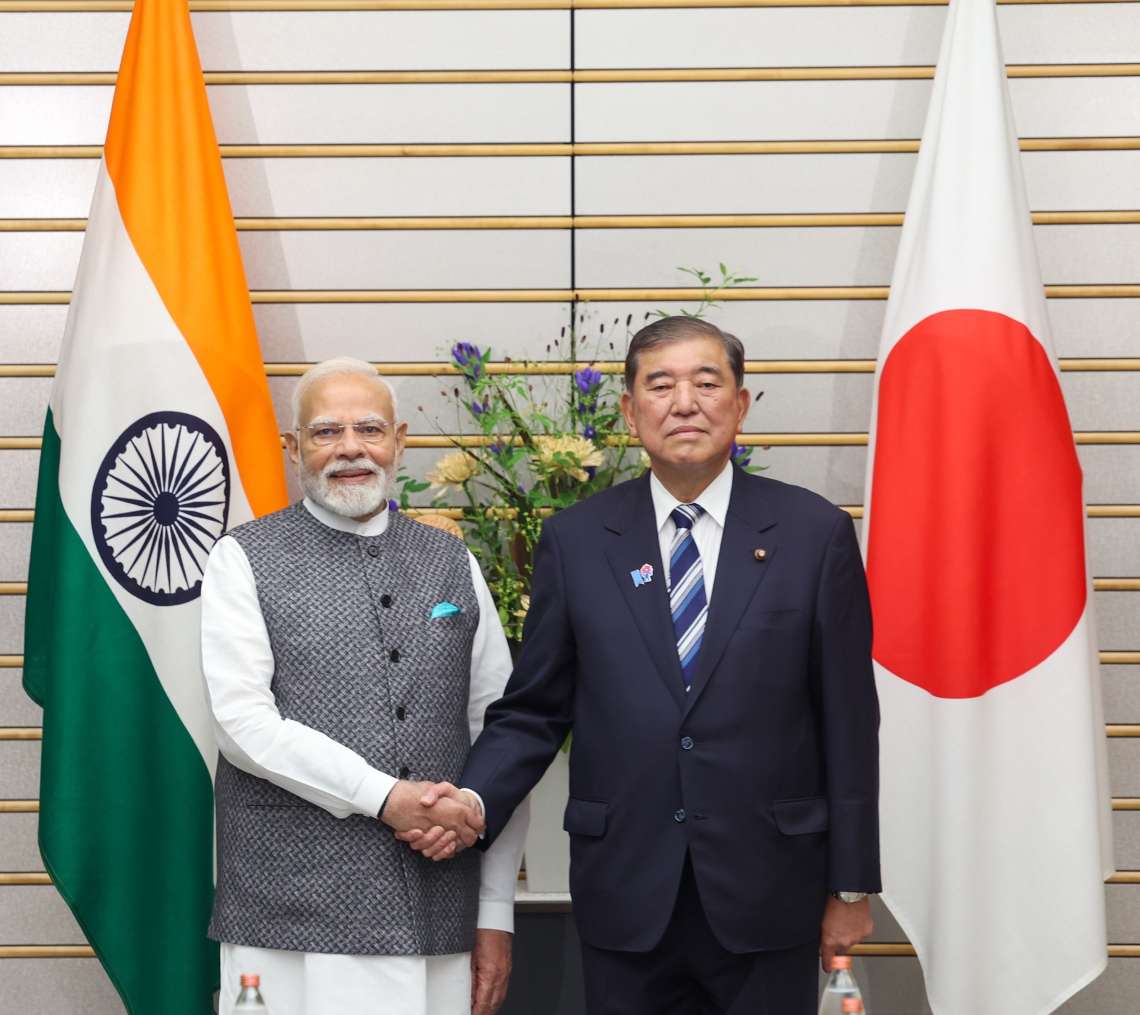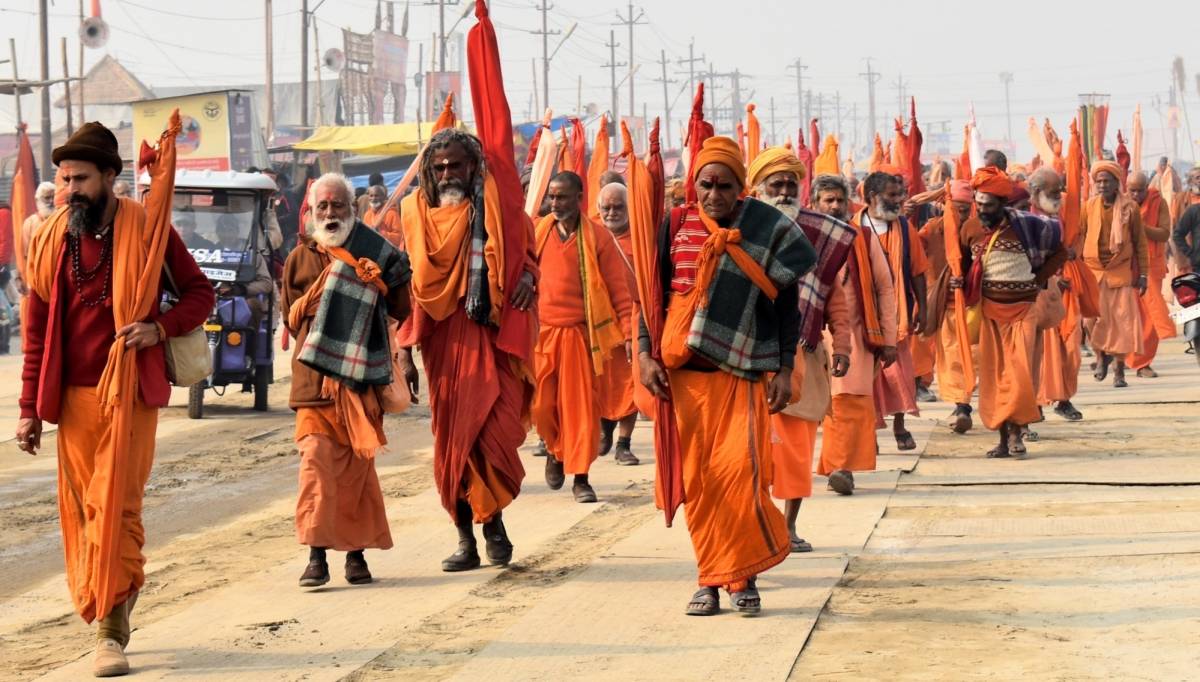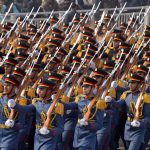The Prime Minister stressed the region’s security and prosperity can be guaranteed only if India and Central Asian countries firmly bond. Modi wanted to “make it clear that mutual cooperation between India and Central Asia is essential for regional security and prosperity”, reports Asian Lite News
Prime Minister Narendra Modi on Thursday proposed elevating ties with Central Asia to an unprecedented new level, guided by an “ambitious vision” shared by India and the five post-Soviet Republics.
“Our cooperation has achieved many successes over the past three decades. And now, at this crucial juncture, let us define an ambitious vision for the coming years as well,” PM Modi said in the first India-Central Asia summit held in a virtual format.
The Prime Minister stressed the region’s security and prosperity can be guaranteed only if India and Central Asian countries firmly bond. PM Modi wanted to “make it clear that mutual cooperation between India and Central Asia is essential for regional security and prosperity”.
He pointed out that “Central Asia is central to India’s vision of an integrated and stable extended neighbourhood”. Central Asia and West Asia are the key pillars defining India’s doctrine of engaging its “extended neighbourhood”.
Second, the Prime Minister made it plain that the next phase of ties can be anchored only if the New Delhi-Central Asia relationship is firmly institutionalised at all levels drawing many layers of stakeholders. “The second objective is to give an effective structure to our cooperation. This will establish a framework of regular interactions at different levels and among various stakeholders.
The Prime Minister said that the third objective of the summit was “to create an ambitious roadmap for our cooperation”.
Referring to the centrality of regional security, the Prime Minister, especially cited the common concern shared by India and Central Asia to defuse turbulence in Afghanistan. “We are all concerned about the developments in Afghanistan. In this context also our mutual cooperation has become more important for regional security and stability”, PM Modi said.
Analysts point out that the Prime Minister’s initiative to deepen structural linkages with Central Asia has at least four major objectives. First, the new initiative seeks to revive the natural historical and civilizational ties between India and the region in the digital age. Second, as India’s engagement—from culture, economy, energy and military—deepens, it will serve as an antidote to the region’s critical reliance on China, and the temptation to embrace Turkey, which is wooing these countries on account of their Turkic cultural roots. India shares this perception with Russia, whose President, Vladimir Putin was in New Delhi last month. Third, India sees secular Central Asian countries as bulwarks to reverse the tide of fundamentalism and extremism radiating from Afghanistan and Pakistan. Fourth, Central Asia is rich in natural resources—an element that can be fused in India’s Atmanirbhar Bharat vision.
The Prime Minister spotlighted that India has deep relations with all of the Central Asian countries. He cited Kazakhstan, which had emerged unscathed of a serious bout of internal instability, as an important partner in India’s energy security.
Looking ahead, PM Modi said that the summit will also focus on trade, connectivity, development partnership, culture, and people-to-people ties. India is keen that landlocked Central Asia sees the Iranian port of Chabahar as the natural gateway to the Indian Ocean, instead of over-relying on the Pakistani ports of Karachi and the Gwadar in the conduct of its seaborne international trade.
Noting that further development of mutual connectivity is essential for enhanced trade and commerce, India and Central Asian countries on Thursday agreed that connectivity initiatives should be based on the principles of transparency and respect for sovereignty and territorial integrity of all countries.
At the first India-Central Asia Summit, the leaders of participating countries welcomed the proposal of India to establish a joint working group on Chabahar Port to address issues of free movements of goods and services between India and Central Asian countries. The Indian side welcomed the interest of Central Asian countries to utilize the services of Shahid Beheshti Terminal at Chabahar Port for facilitating their trade with India and other external markets.
The sides supported India’s proposal to include the Chabahar Port and noted Turkmenistan’s proposal to include the Turkmenbashi Port within the framework of INSTC (International North-South Transport Corridor).
The Delhi Declaration adopted at the summit held virtually said the leaders agreed to continue engagement for further developing the transit and transport potential of their countries, improving the logistics network of the region and promoting joint initiatives to create regional and international transport corridors.
They also noted the need for continued large-scale and long-term economic cooperation between Central Asian countries and India in order to strengthen and expand inter-connectivity. In this context, the President of Turkmenistan stressed the importance of TAPI gas pipeline project.
Prime Minister Narendra Modi hosted the virtual summit which was attended by Kazakhstan President Kassym-Jomart Tokayev, President of the Kyrgyz Republic Sadyr Japarov, Tajikistan President Emomali Rahmon, Turkmenistan President Gurbanguly Berdimuhamedov and Uzbekistan President Shavkat Mirziyoyev.
The summit coincided with the 30th anniversary of the establishment of diplomatic relations between India and Central Asian countries.
The leaders noted that the current level of trade and investments between India and Central Asian countries is far from realizing its true potential and stressed the importance of making concerted efforts to boost trade and investment in various sectors like medicine, healthcare, pharmaceuticals, education and information technology.
They welcomed the development of direct contacts between the states of India and the regions of Central Asian countries, including through the establishment of partnership arrangements between them.
The leaders directed their respective ministers to prepare a roadmap for enhancing mutual trade volume and industrial cooperation between India and the Central Asian countries.


